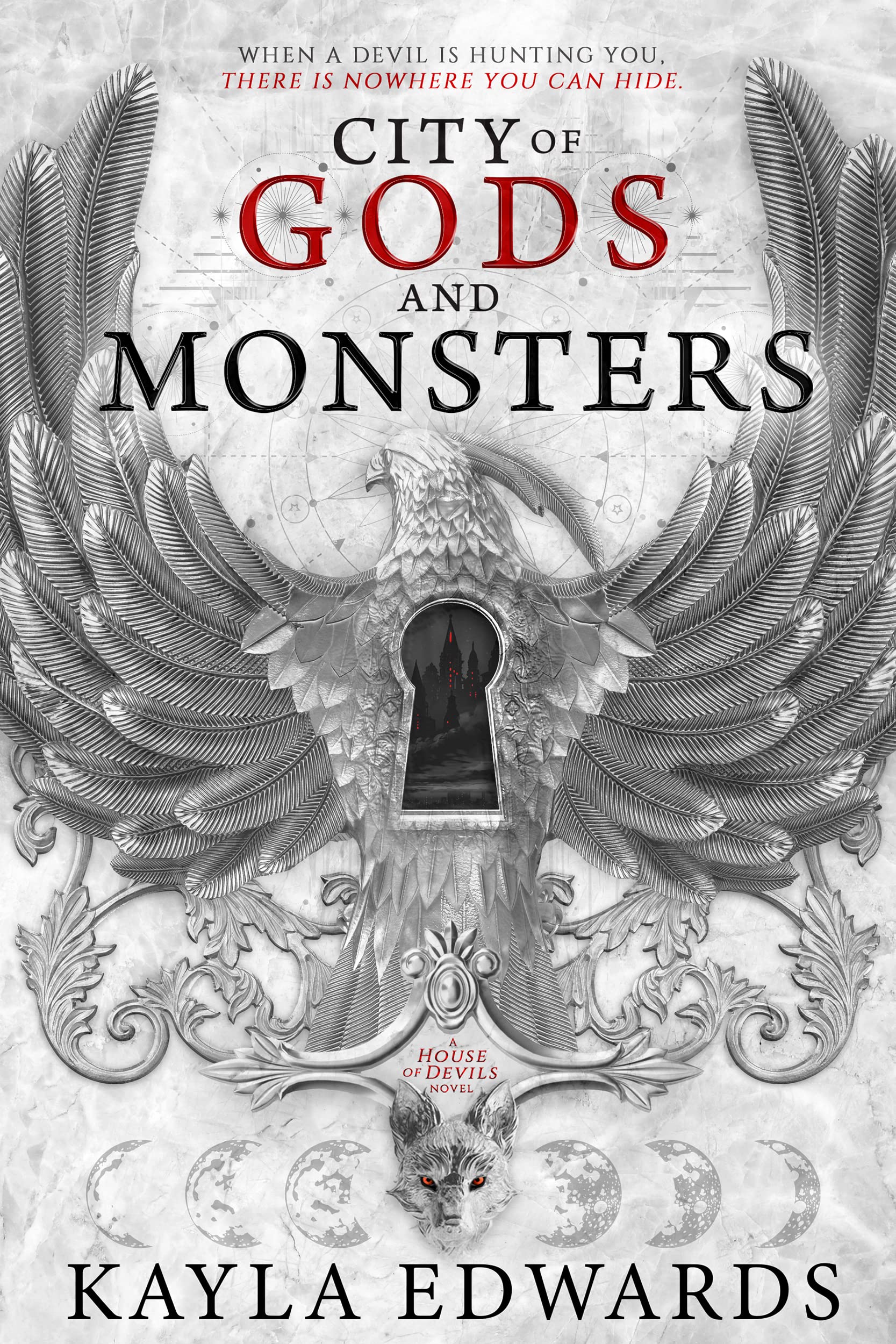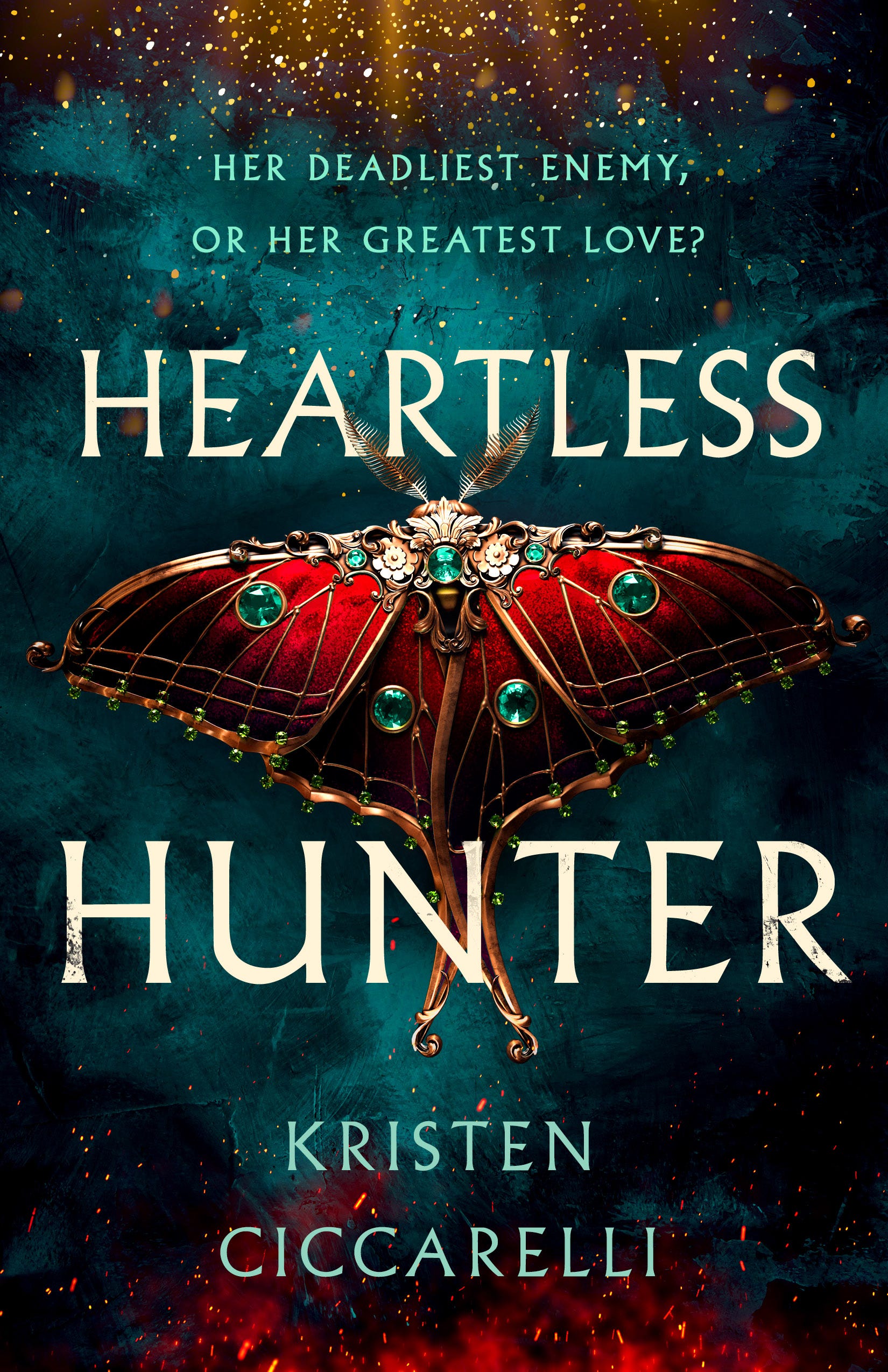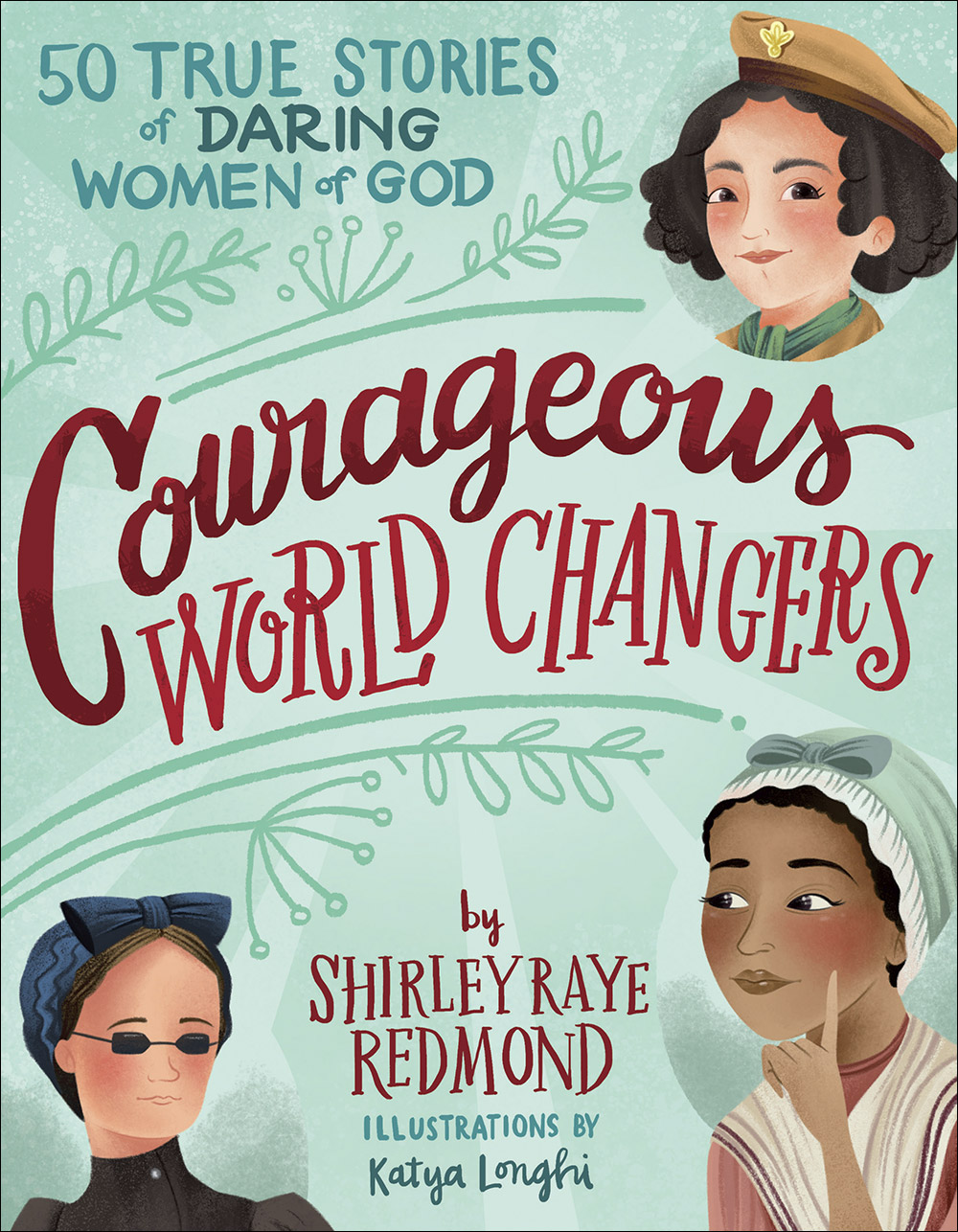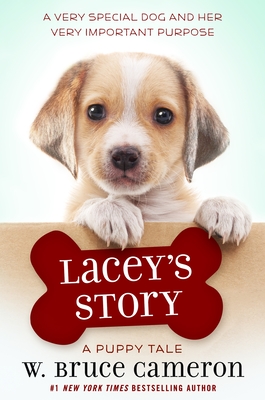2025 Reading Stats
163 books read (including a few children's books)
4 books re-read
Genre Read the Most From? Adult Fantasy

Books
1. Best book you read?


Shadow & Storms (The Legends of Thezmarr, # 4) by Helen Scheuerer
The Lion, the Witch, and the Wardrobe by CS Lewis
2. Book you were excited about & thought you were going to love more but didn’t?



City of Gods and Monsters (House of Devils, # 1) by Kayla Edwards
Kingdom of the Wicked (Kingdom of the Wicked, # 1) by Kerri Maniscalco
A Scar in the Bone (A Fire in the Sky, # 2) by Sophie Jordan
3. Most surprising (in a good or bad way) book you read?


Onyx Storm (The Empyrean, # 3) by Rebecca Yarros
Metal Slinger (Fire & Metal, # 1) by Rachel Schneider
4. Book you read that you recommended to people the most?
Metal Slinger (Fire & Metal, # 1) by Rachel Schneider
5. Best series discovered? Best Sequel? Best series ender?
Series:







Empire of Flame and Thorns (Flame and Thorns, # 1) by Marion Blackwood
House of Earth and Blood (Crescent City, # 1) by Sarah J Maas
Heartless Hunter (Crimson Moth, # 1) by Kristen Ciccarelli
We Who Will Die (Empire of Blood, # 1) by Stacia Stark
One Dark Window (The Shepherd King, # 1) by Rachel Gillig
Spark of the Everflame (Kindred's Curse, # 1) by Penn Cole
Metal Slinger (Fae & Alchemy, # 1) by Rachel Schneider
Sequel:




Brimstone (Fae & Alchemy, # 2) by Callie Hart
Onyx Storm (The Empyrean, # 3) by Rebecca Yarros
The Wicked and the Damned (The Dark Inheritance Trilogy, # 2) by Rebecca Robinson
Heat of the Everflame (Kindred's Curse, # 3) by Penn Cole
Ender:




The Last Wish of Bristol Keats (The Courting of Bristol Keats, # 2) by Mary E Pearson
Against a Crescent Storm (The Balkan Legends, # 3) by AL Sowards
Between These Broken Hearts (These Hollow Vows, # 4) by Lexi Ryan
Shadows and Storms (The Legends of Thezmarr, # 4) by Helen Scheuerer
6. Favorite new author you discovered?
Kristen Ciccarelli, Rachel Gillig, Penn Cole, Rachel Schneider, Julie Klassen, Isabel Jacobs, Martha Keyes
7. Best book that was out of your comfort zone or was a new genre for you?
Lacey's Story by W Bruce Cameron
8. Most thrilling, unputdownable book?



The Last Wish of Bristol Keats (The Courting of Bristol Keats, # 2) by Mary E Pearson
Empire of Flame and Throns (Flame and Thorns, # 1) by Marion Blackwood
the last 100 pages of Onyx Storm (The Empyrean, # 3) by Rebecca Yarros
9. Book you read that you are most likely to re-read next year?
Onyx Storm (The Empyrean, # 3) by Rebecca Yarros
10. Favorite cover of a book you read?
I love the progression of the color change for the Kindred's Curse series by Penn Cole
And I like the simplicity of A Sea View Christmas by Julie Klassen





11. Most memorable character?
Brynn from Metal Slinger (Fire & Metal, # 1) by Rachel Schneider
Luther from Kindred's Curse by Penn Cole
Rune from Heartless Hunter by Kristen Ciccarelli
12. Most beautifully written book read?

The Lion, the Witch, and the Wardrobe by CS Lewis
13. Book that had the greatest impact on you?
Onyx Storm (The Empyrean, # 3) by Rebecca Yarros
14. Book you can’t believe you waited UNTIL this year to finally read?




The Lion, the Witch, and the Wardrobe by CS Lewis - a classic I just never read
Red Queen (Red Queen, # 1) by Victoria Aveyard - published in 2015 I think
House of Earth and Blood (Crescent City, # 1) by Sarah J Maas - how can I not have read a SJM book?
A Wild Hope (A Wild Hope Trilogy, # 1) by Celeste De Blasis - got this for review many years ago
15. Favorite passage/quote from a book you read?
Sorry for the overload...skip these if you want, but I couldn't narrow them down.
-‘If this is to be our final stand, let us make it worthy of legend!’ - Shadow & Storms (The Legends of Thezmarr, # 4) by Helen Scheuerer
-‘You can do this. You were forged with blood and steel, with lightning and thunder… You were made for this war, made to end it, and you will, for all of us. When I first saw you spying on the Warsword meeting atop the cliffs, I sensed it in you even then.’ Tears lined Thea’s eyes. ‘What?’ ‘Greatness,’ he told her. - Shadow & Storms (The Legends of Thezmarr, # 4) by Helen Scheuerer
-"Marriage isn't a waltz," she said. "It's a partnership. I don't desire to be led. And I don't desire to change into something I'm not. When I marry, it will be to a gentleman who values me as I am." - A Lady of Conscience (Somerset Stories, # 5) by Mimi Matthews
-She will nurse God at her breast--He who has always brought forth the bounty of earth's supply (Psalm 145). She will clothe God--He who is robed in the stars and the sun (Psalm 104). She will change God's linens--He who has cleaned up after the sin and filth of mankind and His people for ages past (2 Chronicles 7:14). She will sing to God--the Lord who sings over us, the song of salvation (Zephaniah 3:17). Yes, indeed, grace has come to Mary...she is about to be the mother of God. - He is Here!: 25 Days Of Christmas Devotions by Browning Montgomery Wood
-To the ones who don't run with the popular crowd, the ones who get caught reading under their desks, the ones who feel like they never get invited, included, or represented. Get your leathers. We have dragons to ride. - Rebecca Yarros's dedication in Onyx Storm
-"Pain isn't a competition," I assure him. "There's always enough to go around." - Onyx Storm (The Empyrean, # 3) by Rebecca Yarros
-"We live by the Codex--" I try again. "I live by you." ... "I am yours and you are mine, and there's no law or rule in this world or the next that will change that." - Onyx Storm (The Empyrean, # 3) by Rebecca Yarros
-"My loyalty is to Violet first above everything, everyone else," Xaden says. "Then Tyrrendor. Then Navarre in the moments it's worthy--usually when Violet is in residence." - Onyx Storm (The Empyrean, # 3) by Rebecca Yarros
-"You have been the gift of my life"... - Onyx Storm (The Empyrean, # 3) by Rebecca Yarros
-Fear isn't a measure of cowardice, and pain isn't a measure of weakness. You are brave and strong and anything but broken. - Between These Broken Hearts (These Hollow Vows, # 4) by Lexi Ryan
-"You are so easy to love." - Between These Broken Hearts (These Hollow Vows, # 4) by Lexi Ryan
-"I look like something that crawled out of the Underworld." ..."I had no idea that place had so much to offer." - Between These Broken Hearts (These Hollow Vows, # 4) by Lexi Ryan
-“But rest assured, my Queen, when I do kiss you, there will be no confusion. You will know that I have claimed you— and I won’t have any desire to deny it.” - Glow of the Everflame (Kindred's Curse, # 2) by Penn Cole
-“Do not mistake my support as agreement with your choices,” - Glow of the Everflame (Kindred's Curse, # 2) by Penn Cole
-“You are my Queen, and I am your sword. Point me at your enemies, and watch them fall. Lead this world, Diem, and I will follow you— into war, into death, into the tundra of hell itself.” He took my palm and set it against his chest, just above the patch of unscarred skin that lay beneath his jacket. “You are the fate my heart was spared for. As long as it beats, you will never fight alone.” - Glow of the Everflame (Kindred's Curse, # 2) by Penn Cole
-“Every person in this room wants something from you,” he said after a heavy pause. “They look at you, and they see the things they want to take. I know, because I lived it. From the moment I became heir, everyone wanted to be either my friend or my lover. When you took the Crown, I swore to be different— to serve your goals, not mine. I told myself that even if you had no one else, you would at least have me. I never wanted to become just another person who wanted to steal a piece of you for themselves.” He let out a shuddering sigh. “And I have failed. Completely, irreversibly failed. I don’t just want a piece of you— I want them all.” His thumb raked across my lower lip. “I want every breath, every laugh, every tear. Every taste of your mouth, every inch of your skin. I want to kneel at your feet, soaked in the blood of your enemies, then... - Glow of the Everflame (Kindred's Curse, # 2) by Penn Cole
-“It is not just my body that craves you, Diem. It is my heart.” He clutched at his chest. “My scarred, ruined scrap of a soul. Your smiles, your affection, the way you look at me, the way you see me... that is my lifeblood. I would sooner wither without food or water, sink into the sea until my lungs burst, abandon my magic and let my godhood burn me alive from within than endure one more day of life without you in it.” - Heat of the Everflame (Kindred's Curse, # 3) by Penn Cole
-"We cannot be blaming the problems we create on God." - A Wager with the Matchmaker (A Shanahan Match, # 3) by Jody Hedlund
-Sarah thought for a moment, then confessed, "I have not often felt God's presence these last few years. I know He has not changed. I'm the one who has grown distant, busy trying to manage everything and everyone on my own." The truth of the admission pressed hard on her heart. "And yet, I have also seen God's provision in ways I never would have asked for or imagined. He is faithful, even when I am not." - A Sea View Christmas by Julie Klassen
-But sometimes, when I stared at the vastness of the starry host above and listened carefully, it was as if there was a knowing deep in my bones I could not explain. As if the reverberation of an ancient whisper still trembled there at the core of my being--a tune hummed so low only the most astute of ears could detect its melody. - Splendor of the Land (The King's Men, # 3) by Connilyn Cossette
-"Compassion cannot come at the expense of obedience. Yahweh is God above all others, able to discern the heart of each man and woman. He can see what we cannot--past, present, and future. So we must trust the Creator, even when it makes no earthly sense, or suffer the same consequences as those destined for destruction." - Splendor of the Land (The King's Men, # 3) by Connilyn Cossette
-Sometimes, we serve our cause best with our deaths. Other times, we serve our cause best with our lives. I am prepared to give either.” - Against a Crescent Storm (The Balkan Legends, # 3) by AL Sowards
-“Mama says we mustn’t remark on people’s appearances,” Agatha said. “Except to compliment them.” - The Governess and the Rogue (Somerset Stories, # 6) by Mimi Matthews
-You'll understand when you see him."
"But shall we see him?" asked Susan
"Why Daughter of Eve, that's what I brought you here for. l'm to lead you to where you shall meet him," said Mr. Beaver.
"Is--is he a man?" asked Lucy.
"Aslan a man!" said Mr Beaver "Certainly not. I tell you he is the King of the wood and the son of the great Emperor-beyond-the-Sea. Don't you know who is the King of Beasts? Aslan is a lion--the Lion, the great Lion."
"Ooh!" said Susan, "I'd thought he was a man. Is he--quite safe? I shall feel rather nervous about meeting a lion."
"That you will, dearie, and no mistake," said Mrs. Beaver; "if there's anyone who can appear before Aslan without their knees knocking they're either braver than most or else just silly."
"Then he isn't safe?" said Lucy.
"Safe?" said Mr. Beaver; "don't you hear what Mrs. Beaver tells you? Who said anything about safe? Course he isn't safe. But he's good. He's the King, I tell you."
"I'm longing to see him," said Peter, "even if I do feel frightened when it comes to the point."
"That's right, Son of Adam." said Mr. Beaver... - The Lion, the Witch, and the Wardrobe by CS Lewis
-“You see, the world turns something holy into something coarse. But Scripture speaks of marriage as a picture of Christ and the Church. Tender, patient, honoring. A true husband waits for his bride, honors her hesitations, and sees intimacy as a gift, not a demand.” - The Duke's Sacred Vow by Isabel Jacobs
16. Shortest and longest book you read?


Longest: A Wild Hope (Wild Swan Trilogy, # 1) by Celeste De Blasis (843 pages)
Shortest (not including children's books): He is Here!: 25 Days Of Christmas Devotions by Browning Montgomery Wood
17. Book that had a scene in it that had you reeling and dying to talk to somebody about it? (Updated to: Book that shocked you the most?)
Onyx Storm (The Empyrean, # 3) by Rebecca Yarros
Metal Slinger (Fire & Metal, # 1) by Rachel Schneider


18. Favorite relationship from a book you read (romantic)?
Margot & Oliver from We Met Like This by Kasie West
Bristol & Tyghan from The Last Wish of Bristol Keats by Mary E Pearson
Saeris & Kingfisher from Brimstone by Callie Hart
Vaasa & Reid from The Wicked and the Damned by Rebecca Robinson
Annabel & Phillip from The Duke's Sacred Vow by Isabel Jacobs
Rune & Gideon from The Heartless Hunter by Kristen Ciccarelli
Selina & Sebastian from To Hunt and Heiress by Martha Keyes
Bryce & Hunt from House of Earth and Blood by Sarah J Maas
Tisaanah & Max from Daughter of No Worlds by Carissa Broadbent
Diem & Luther from Kindred's Curse by Penn Cole
Brynn/Jovie & Acker from Metal Slinger by Rachel Schneider
Darius & Roxy from ZA by Caroline Peckham & Susanne Valenti
Xaden & Violet from Onyx Storm by Rebecca Yarros
Thea & Wilder from Shadow & Storm by Helen Scheuerer
Bryony & Jack from The Perfect Rom-Com by Melissa Ferguson
I know this is a lot, but this is what I read books for.
19. Favorite relationship (non-romantic) from a book you read?
Wren & Thea from Shadow & Storm by Helen Scheuerer
Darcy & Tory from ZA by Caroline Peckham & Susanne Valenti
Bryce & Lehabah from House of Earth and Blood by Sarah J Maas
The Beresford family from Somerset Stories series by Mimi Matthews
Margot & Sloane from We Met Like This by Kasie West
20. Favorite book you read from an author you’ve read previously?




We Met Like This by Kasie West
The Last Wish of Bristol Keats by Mary E Pearson
Onyx Storm by Rebecca Yarros
Shadow & Storms by Helen Scheuerer
21. Best book you read that you read based solely on a recommendation from somebody else?




ZA by Caroline Peckham & Susanne Valenti (not pictured)
Metal Slinger by Rachel Schneider
Kindred's Curse series by Penn Cole
One Dark Window by Rachel Gillig
Heartless Hunter by Kristen Ciccarelli
22. Newest fictional crush from a book you read?
Hunt Athalar from House of Earth and Blood by Sarah J Maas
Oliver Gray from We Met Like This by Kasie West
Jack Sterling from The Perfect Rom-Com by Melissa Ferguson
23. Best debut you read?
Midnights With You by Clare Osongco
24. Most vivid world/imagery in a book you read?
Worlds I've read prior to 2025 but continued in the series this year.
Fae & Alchemy by Callie Hart
Dark Inheritance Trilogy by Rebecca Robinson
The Balkan Legends by AL Sowards
The Courting of Bristol Keats by Mary E Pearson
ZA by Caroline Peckham & Susanne Valenti
The Empyrean by Rebecca Yarros
New worlds to me in 2025:
Flame and Thorns by Marion Blackwood
Metal & Fire by Rachel Schneider
Empire of Blood by Stacia Stark
The Crimson Moth by Kristen Ciccarelli
Crescent City by Sarah J Maas
Kindred's Curse by Penn Cole
25. Book that was the most fun to read?
Metal Slinger by Rachel Schneider
26. Book that made you cry or nearly cry?
ZA by Caroline Peckham & Susanne Valenti (not picured)
27. Book you read that you think got overlooked this year or when it came out?


The Wicked and the Damned by Rebecca Robinson
To Hunt an Heiress by Martha Keyes
28. Book That Crushed Your Soul?


ZA by Caroline Peckham & Susanne Valenti (not pictured)
Onyx Storm by Rebecca Yarros
Metal Slinger by Rachel Schneider
29. Most Unique Book You Read?
The Little Wild Library: Elder: Simple things to do with the plants around you. by Clare Gogerty
30. Book That Made You The Most Mad (doesn’t necessarily mean you didn’t like it)?





Onyx Storm by Rebecca Yarros
House of Earth and Blood by Sarah J Maas
ZA by Caroline Peckham & Susanne Valenti (not pictured)
Powerless by Lauren Roberts
A Scar in the Bone by Sophie Jordan
Iron & Embers by Helen Scheuerer
Blogging
1. New favorite book blog you discovered?
I didn't branch out very much this year. I have barely been keeping my head above water, so I've kind of stuck to the same ones that I have known for a while.
2. Favorite review you wrote?
Onyx Storm (The Empyrean, # 3) by Rebecca Yarros
3. Best discussion you had on your blog?
Do people actually have discussion and engagement on their blog posts?
4. Best event that you participated in (author signing, festivals, virtual events, meme’s, etc)
I did none of those those. This might be my most fun blogging "event". I look foward to the end of the year book survey every year even though it takes me ages to prep it.
5. Best moment of book blogging/your book life this year?
Honestly, the last ten years have been all about survival. This blog was so close to being shut down a few years back. I enjoy it, so I'm trying my best to keep it going, but I never get to spend the time on it that I used to.
6. Most challenging thing about blogging or your reading life this year?
I'm not at a desk (or my computer) as frequently as I used to be and that makes writing reviews challenging. I don't enjoy creating long posts on my phone, but sitting down to type out reviews has been challenging. More and more I'm slipping into letting myself read 10 books before I sit down to write my reviews of what I've read. This makes remembering what I've read challenging. I've got to do better about forcing myself to write reviews sooner. Or find more time to have access to my computer. My husband has given me a bluetooth keyboard that will connect to my phone, and it's been helpful. Hopefully now that I have it I will catch up on book reviews.
7. Most popular post this year on your blog (views or comments)?
I had a ton of views on my review of Fate & Furies by Helen Scheuerer, but zero comments. Matter of fact, I noticed all of my romantasy book reviews got tons of views but little to no comments.
8. Post you wished got a little more love?
Any of them? Reviews especially.
9. Best bookish discovery (book related sites, stores)?
Have I mentioned that I'm survivng?
10. Did you complete any reading challenges or goals that you had set for yourself at the beginning of the year?
Reading the Bible in a Year and 65 books read goal.

Looking ahead…
1. One book you didn’t get to this year but will be your number 1 priority next year?
Thorns and Fire (The Ashes of Thezmarr, # 2) by Helen Scheuerer
2. Book you are most anticipating next year (non-debut)?
Light Wielder (Fire & Metal, # 2) by Rachel Schneider
3. Debut from next year you are most anticipating?
No debuts are currently on my radar I don't think. Or they might be, but I really don't make note of that when I'm adding to my TBR list.
4. Series ending you are more anticipating next year? Sequel?


Sequel:
Light Wielder (Fire & Metal, # 2) by Rachel Schneider
Ender:
Burn of the Everflame (Kindred's Curse, # 4) by Penn Cole (I think this is an ender)
Fae & Alchemy $ 3 - As Yet Untitled by Callie Hart
5. One thing you hope to accomplish or do in your reading/blogging next year?
This has been my main goal for the last ten years...Just keep going. With dwindling time to read and blog I'm hoping to just hang tight and keep doing the best that I can until another season in life comes that will allow me more time to do both.
6. A Release from Next Year You’ve Already Read & Recommend To Everyone:
The Wicked and the Damned (The Dark Inheritance Trilogy, # 2) by Rebecca Robinson
What would your answers be to the 2025 EOY Book Survey? Leave me your link so I can check out your post. Or just leave me a comment! Let me know!












































































